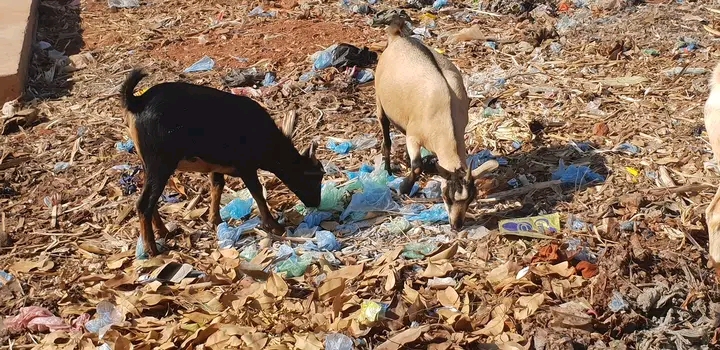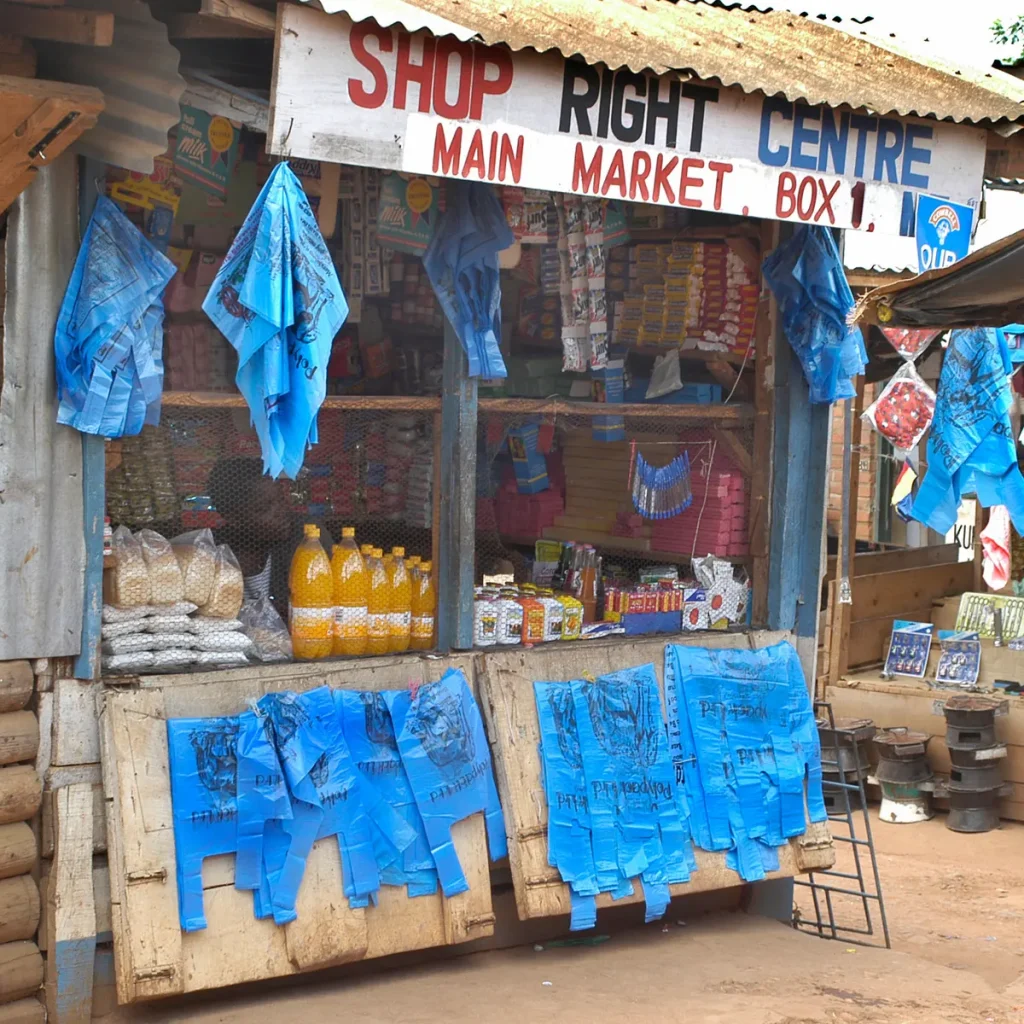BY FLORENCE PHIRI
Government seems to be too weak to implement an effective enforcement exercise for the ban it carried on thin plastics; as producers in the country have chosen to defy the order in full view of the law enforcers.
Findings by the Citizen Eye has established that some plastic manufacturers are still producing thin plastic papers which were banned by government in 2015.
Government banned manufacturing and use of the thin plastic papers with less than 60 microns following scientific evidence of its harmful effects to both the environment and human race.
However, Citizen Eye research findings indicate that the industry is manufacturing and selling the illegal product under the watch of government and the law enforcers, a situation that environmentalists claim signifies weak law enforcement and corruption.
For instance, scientists claim that the plastics which are non-biodegradable, non-recycled and flammable can cause release of toxicity into the environment.

This according to the scientists, may result to cancer which affected 17 936 and killed 12 454 in 2020 alone, according to findings by World Health Organisation (WHO).

Environmentalists say deposits of plastics on both water and land destroys nature and aquatic animals including fish which is contributes around 411 million kwacha ($484 000) to the country’s GDP, and more than 500 000 direct jobs.
A renown environmental activist, Mathews Malata has warned that continued production of the thin plastic papers at the helm of the numerous harmful effects on health and environment is a clear indication that Malawians are sitting on a “time bomb.”

“Thin plastics are bad for the environment, It can take up to 200 years to decompose, and in so doing it produces fuse which when inhaled can cause cancer,” He told the Citizen Eye.
Malata revealed that the agricultural sector is also heavily affected by the harmful impact of plastic papers. He cited soil degradation as a result of plastic papers being buried in the soil.
“When you plant something on the ground you expect it to grow as there is food from the soils, but these thin plastics destroy the whole soils structure. This means if we don’t stop this now all the key and important nutrients will be destroyed with these plastics,” Stressed Malata.
But despite the health and environmental related threats, government seems to be too silent to act; as Malawians seem to be enjoying the manufacturing and use of the plastics on the watch of the law enforcers.
For instance, spot checks by our reporters in major cities of Blantyre, Zomba, Mzuzu and Lilongwe found scores of vendors and consumers selling or buying the thin plastics for packaging and carrying their commodities.

Our team also traced wholesales where vendors were buying the thin plastic papers to sale on retail.
Tawonga Mbale Luka, the director of Environmental Affairs in the Ministry of Environment and Natural Resources blames the worsening situation on poor enforcement of the ban, and lack of adherence by the producers.
“We had several consultation meetings with the producers prior to the bad and we both agreed for the ban, we were, however, shocked to see the same producers fighting for court injunctions against the ban,” said Mbale Luka.
She, however, said the department has initiated new strategies to enforce the ban which include massive awareness public campaigns on the harmful effects of the thin plastic papers.
“It is our hope that if the public is fully aware of the effects of the plastic papers to their health and environment, they will start the protect by not buying them. This will likely suffocate the market for thin plastic papers and stop the companies from further production,” she observed.
While backing the strategy, Malata, the environmental activist emphasises on the need for the government to enact tough laws against the production and use of the thin plastic papers in the country to effectively stop the industry.
“At the same time, we need to empower citizens with health and environmental friendly alternative ways of carrying and packaging their commodities such as using baskets or cloth made bags to close up the gap that would have been created by the absence of thin plastic papers on the market,” Malata said.
in a random interview, most people we spoke to in the major cities said they are ready to stop using thin plastic papers as long as government introduces alternatives to the problem.


